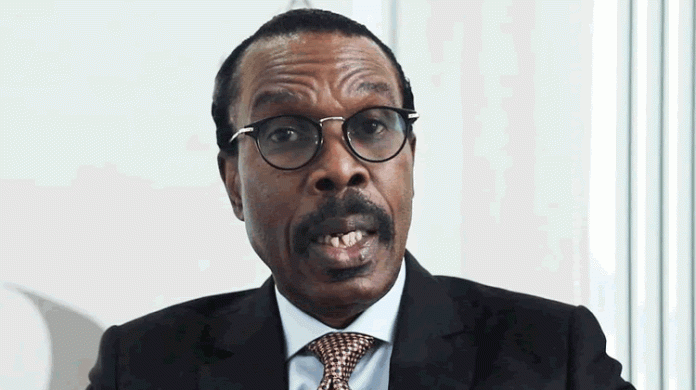Bismarck Rewane, Managing Director of Financial Derivatives Company Limited, highlighted the serious economic risks of increasing Nigeria’s minimum wage without a corresponding rise in productivity. Speaking on Channels Television’s Business Morning segment of the Sunrise Daily program, Rewane emphasized that such a wage hike is akin to printing more money, which could lead to inflation.
He referenced the Minimum Wage Act of 2019, enacted under former President Muhammadu Buhari, which required employers with more than 25 employees to pay the minimum wage of ₦30,000. This act, which expired in April 2024, mandates a review every five years to reflect current economic conditions.
Rewane explained, “Employers with over 25 employees are legally required to pay the minimum wage. Non-compliance incurs a fine of ₦75,000, plus ₦10,000 for each day of continued non-compliance. The penalties are significant.”
He stressed the need to balance wages with productivity and national wealth. “When wages are increased without corresponding productivity improvements due to infrastructural challenges like power, it’s like printing money. This can have long-term detrimental effects on the economy,” Rewane warned. He underscored the urgency of addressing this issue, stating that time is not on Nigeria’s side, and immediate, collective action is required.
President Bola Tinubu, in his Democracy Day speech, reassured Organized Labour that an executive bill proposing a new national minimum wage would soon be submitted to the National Assembly. The decision will consider both the ₦62,000 proposal from the government and private sector and the ₦250,000 demand from Organized Labour.


